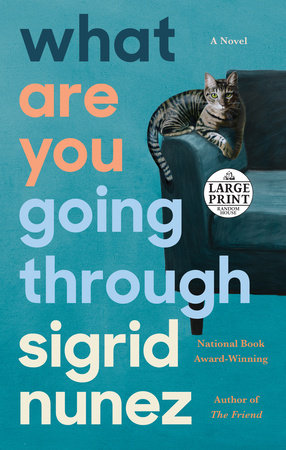At the Cut, writers including Alexander Chee, Emma Straub, and Samantha Irby discuss how rejection has shaped their writing careers. Sigrid Nunez notes that it’s almost synonymous with the craft. “Rejection is an enormous part of a writer’s life,” she says. “It’s just the way it is. There are so many people out there wanting to show and sell their work. It’s easy to get lost and very difficult to get attention. As you would expect, I found it very discouraging, but I was also prepared for it because I knew writers. I knew what the life was like, and I knew that the only thing that you could do, if you really wanted to do this, if you really wanted this life, you had to accept that it came with a certain amount of rejection.”
Sigrid Nunez on Rejection and the Writer’s Life









